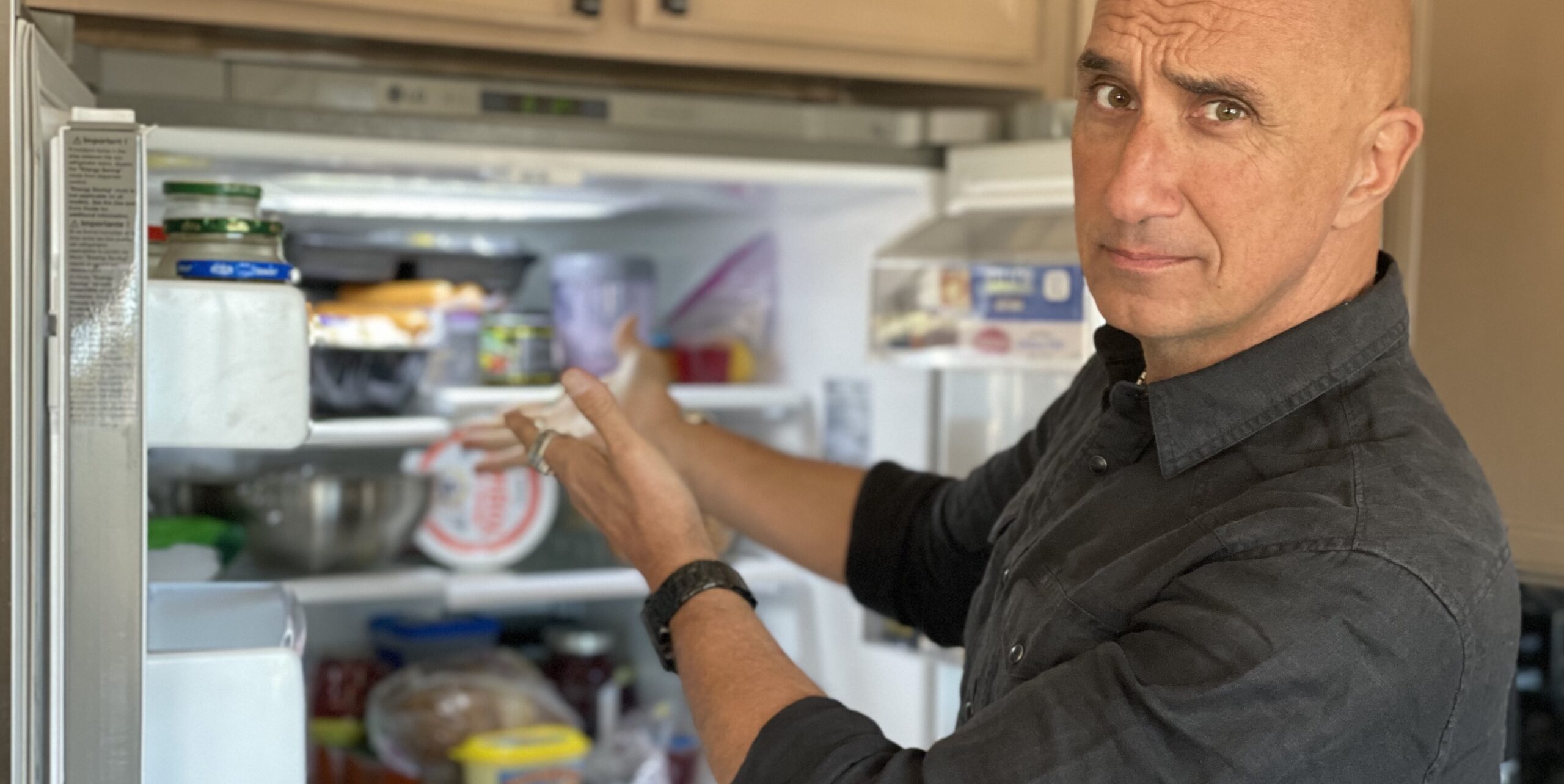The Common Sense Diet
| One of the most common goals people set is weight loss. Because we are not as physically active as were our ancestors, and as food is more easily available than at any other time in our history, it becomes logical that ounces and then pounds of fat start to add onto our waistlines.The fitness/health industry has been very imaginative over the years. Multiple diets and many fads have invaded our magazines, TV commercials, and more recently the Internet. Everyone is looking for the magic pill, the One Trick that will help us lose those unwanted pounds without feeling like the victim of some medieval torture experiment. The reality is much simpler than all of the above, and heavily relies on common sense.Here are 5 factors to take into consideration if you want to improve your body composition, and to feel better in general: 1- Food quantity How much food do you eat every day? Or a slightly more scientific question would be: Do you ingest more calories than you expend every day? It sounds so logical, but it’s too often overlooked simply because we simply have no idea how many calories we actually consume. Because the food we eat is often laden with hidden calories, most of the time we underestimate how much we eat. A simple solution: eat less and drink more water! 2- Food quality This one is like beating a dead horse. You can’t expect your body to work well if it’s fueled with questionable food. The discussion now becomes what questionable means, which has been the topic of many research papers, books, and diets. Let’s use our common sense and agree that intuitively, everyone knows what junk food is. Let’s be honest: junk food is highly processed with a lot of sugar, chemical products, and ingredients that don’t naturally occur in nature. If we want to lose some fat, or even to avoid storing it in the first place, making sure we eat the foods that our body has adapted to eat over the last hundreds of thousands of years is the imperative: meat, fish, vegetables, fruits, nuts and tubers. As a general rule-of-thumb, it’s pretty easy to follow. It’s a good start, and fine-tuning will come later. 3- Food timing Is there a need to eat all the time? Probably not, because the more often we eat, the more chance of overeating. So what’s right? 3 meals a day? Two? One? None? The answer: it varies. How often are you hungry? And I’m not talking about how often you think about food, I’m talking about the uncomfortable, almost painful, sensation in your belly. Being hungry is a good thing, because our hormonal system has been built around it over the eons. Fast some days, eat more often other days, skip a meal here and there. Your body will react in a very positive and surprising way, and usually in line with your body composition goals. 4- Fluids With so much water in our body, it comes as no surprise that water plays an extremely important role in many of our physiological functions. When it comes to fat loss, nothing happens without water: digestion, elimination, sweat, hormonal transfer. Water is key. And of course, drinking makes you feel satiated so you eat less, and water is neutral on a caloric standpoint. No sugar-laden drinks and excessive stimulants. Whatever you’re drinking at the moment, drink more water! 5- Recovery This final element is extremely simple and awfully complicated at the same time. No one can lose fat (or gain muscle) without proper recovery. And proper recovery cannot happen when we are stressed and/or don’t sleep enough. Again, the right hormones at the wrong time can wreak havoc in our bodies. You can have the perfect diet and hydration, and get absolutely no results because you are the victim of chronic daily stress. We have all seen people who have tried dozens of diets with no effect on their body composition, most of the time simply because the other areas of their lives were not under control or in balance. If you want to lose weight, sleep more, relax, meditate, breathe, and enjoy life every day. |
| Simple Home Ideas:If one of your goals is to improve body composition (or to feel better in general), here are some training ideas for your week: – Get rid of most processed food in your kitchen and replace it with better quality food in general – Experiment with Intermittent Fasting: skip at least 3 meals this week (not necessarily consecutive meals) – Drink as much water as you can, as long as it’s still enjoyable. No soft drinks!If interested, use one of the free Calorie Counter apps and see how much you eat on a typical day |

